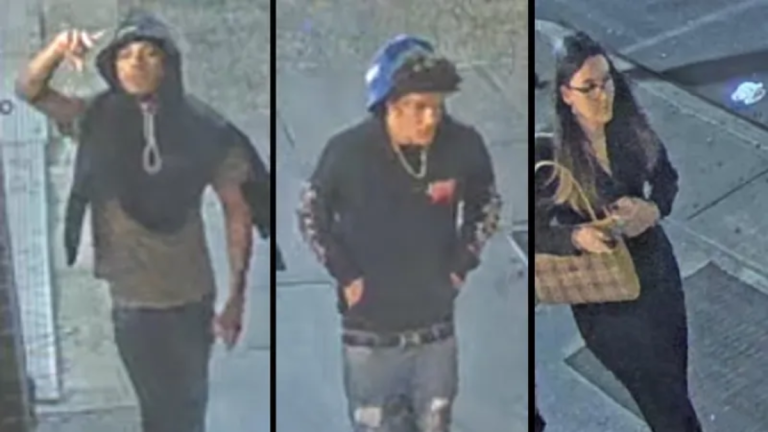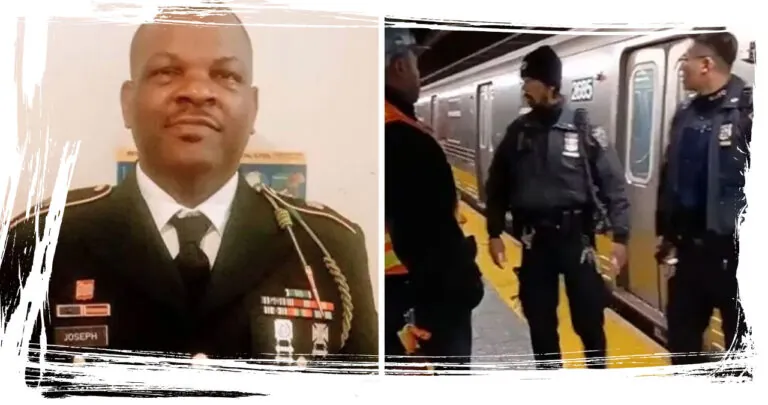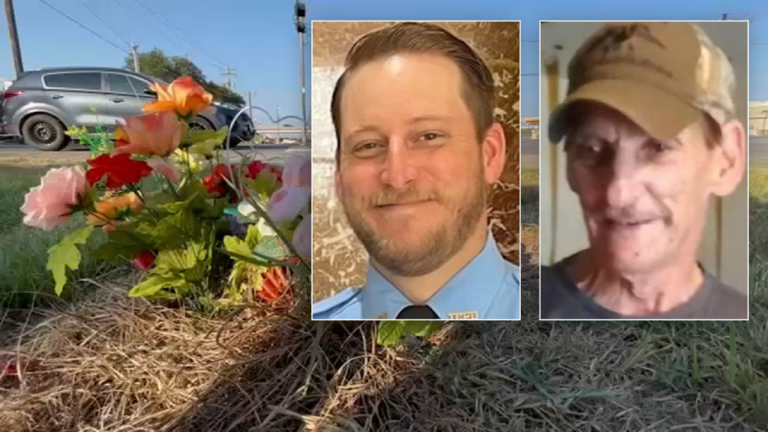Alabama Inmate Requests Leave to Attend Funeral of Victim She’s Accused of Shooting
Inmate’s Unusual Request Amidst Legal Battle
Chelsie Nicole Lampkin, a 22-year-old Alabama inmate facing manslaughter charges, recently made an unconventional plea to the court. Despite being held in the Morgan County Jail on a $100,000 bond, Lampkin sought permission to attend the funeral of the man she is accused of shooting and killing. This request adds a layer of complexity to an already tragic and legally intricate case.
The Denied Plea for Funeral Attendance
Lampkin made a heartfelt request to attend the visitation and funeral service of Terrance Faulks, her beloved “significant other.” The service was scheduled to take place on November 11 at Guntersville Memorial Chapel. She shared a touching plea, along with a picture of Faulks and the funeral arrangements. However, her request was swiftly denied by District Judge Shelly Waters.
Backdrop of the Shooting Incident
In a preliminary hearing, the court learned about the discovery of Lampkin in a backyard by the police, cradling Faulks, who eventually succumbed to a gunshot wound to the head at the hospital. Lampkin informed detectives about Faulks’ habit of combining drugs with medication, causing severe paranoia. According to Lampkin, this paranoia led them to fire guns into the air to fend off perceived threats. It was during one of these episodes that Faulks collapsed immediately after Lampkin discharged a pistol into the sky.
The Investigation’s Findings
Lead investigator Detective Jasmin Ferizovic emphasized a crucial detail from the autopsy report, pointing out that the bullet entered Faulks’ skull with an upward trajectory. Additionally, a toxicology report unveiled the presence of meth, THC, and alprazolam in Faulks’ system at the time of his demise. Notably, Lampkin acknowledged the consumption of medication and marijuana in the proximity of the incident.
Next Steps in the Legal Process
Lampkin’s request to attend Faulks’ funeral has been denied, and her case is now proceeding to a grand jury. The judge made this ruling on Wednesday.
This case raises important questions about the emotional and psychological complexities that arise in criminal charges. We want to hear from our readers: How can the legal system effectively address the emotional needs of the accused while ensuring justice and public safety? Your insights on this delicate balancing act are crucial in gaining a deeper understanding of the human aspect of legal proceedings.
Read More:
- Owner of LGBTQ Bar in St. Louis Arrested After Police Car Crashes Into Establishment
- A federal court has stopped a California law that would prohibit firearms in most public areas







